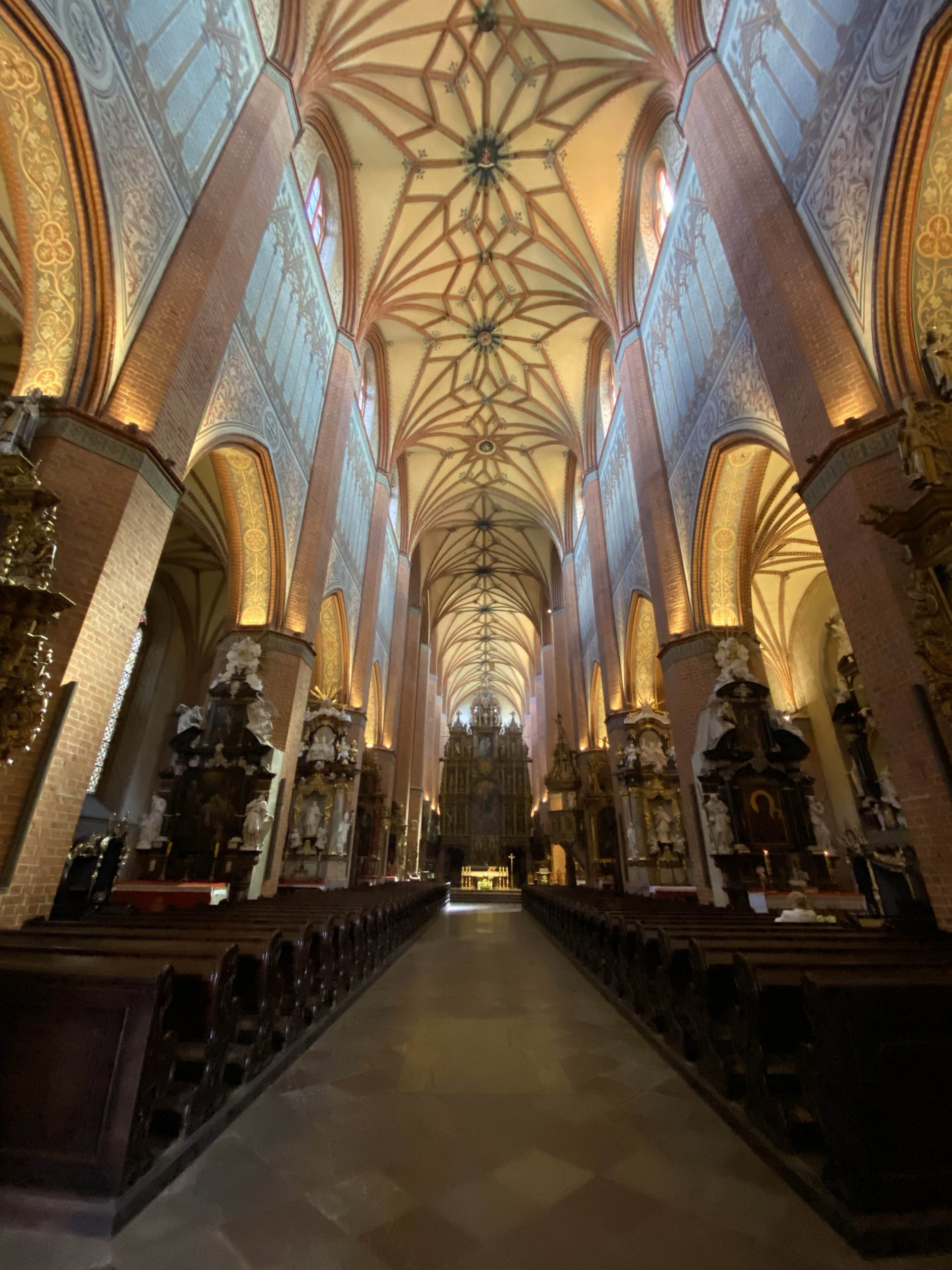
04 Nov Augustinus Johann Rosentreter
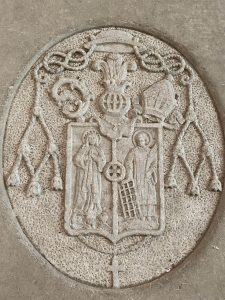
Bishop Augustinus Rosentreter – Crest
Bishop & Professor Augustinus Rosentreter was born on the 13 Jan 1844 in current day Obrowo, Tuchola County, Poland, to Joseph Mathias Rosentreter and Anna Catharina Musolf. He was the eldest son of a family of fourteen children.
After graduating from high school in Konitz, he entered the seminary in Pelplin. After interruptions due to illness, he continued his studies at the University’s of Bonn and Münster and was ordained a priest on March 12, 1870 in Pelplin Cathedral.
After pastoral work in Neuchâtel, West Prussia and as Vicar at the Brigittenkirche in Gdansk, he became Professor of Liturgical Studies at the seminary in Pelplin in 1871 at the age of 27.
In 1876 the seminary was closed due to the cultural struggle, so his teaching was interrupted until 1887. He used these years, among other things, for liturgical studies abroad. In addition, he held various functions at the office from 1881.
With the reopening of the seminary in 1887, he resumed teaching in Pelplin. From 1896 he also took over the Professorship for Moral Theology.
From Pelplin in 1874, he supported the founding of the Catholic student association Borussia-Königsberg in KV and other KV connections, because for him, the Catholic connections had an important function to give the Catholic students a home in the cultural struggle. He became an honorary member of the KV connections in Königsberg near Borussia, in Gdansk near Pruthenia and in Wroclaw at Unitas, Franko-Borussia and Alania because of his commitment to the connections.
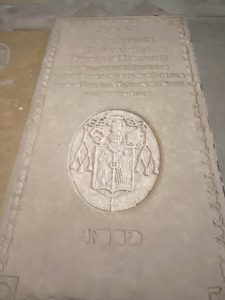
Bishop Augustinus Rosentreter – Headstone
After the death of the Bishop of Kulm, Leo Redner, he was elected as his successor on December 22, 1898 and on February 27 of the following year by Pope Leo XIII.
Bishop Andreas Thiel of Erlangen held his consecration service on July 9, 1899.
Augustinus tried to balance the German-speaking and Polish-speaking church people of his bishopric when large parts of the diocese came to the Second Republic of Poland through the Treaty of Versailles and the outsourcing of western diocesan areas made the German-speaking Catholics a minority.
He died on the 3 Oct 1926 in Pelplin, Tczew County, Poland and is buried in Pelplin Cathedral.
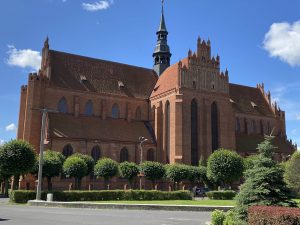
Pelplin Cathedral
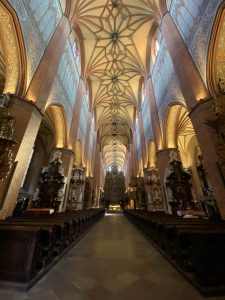
Pelplin Cathedral
